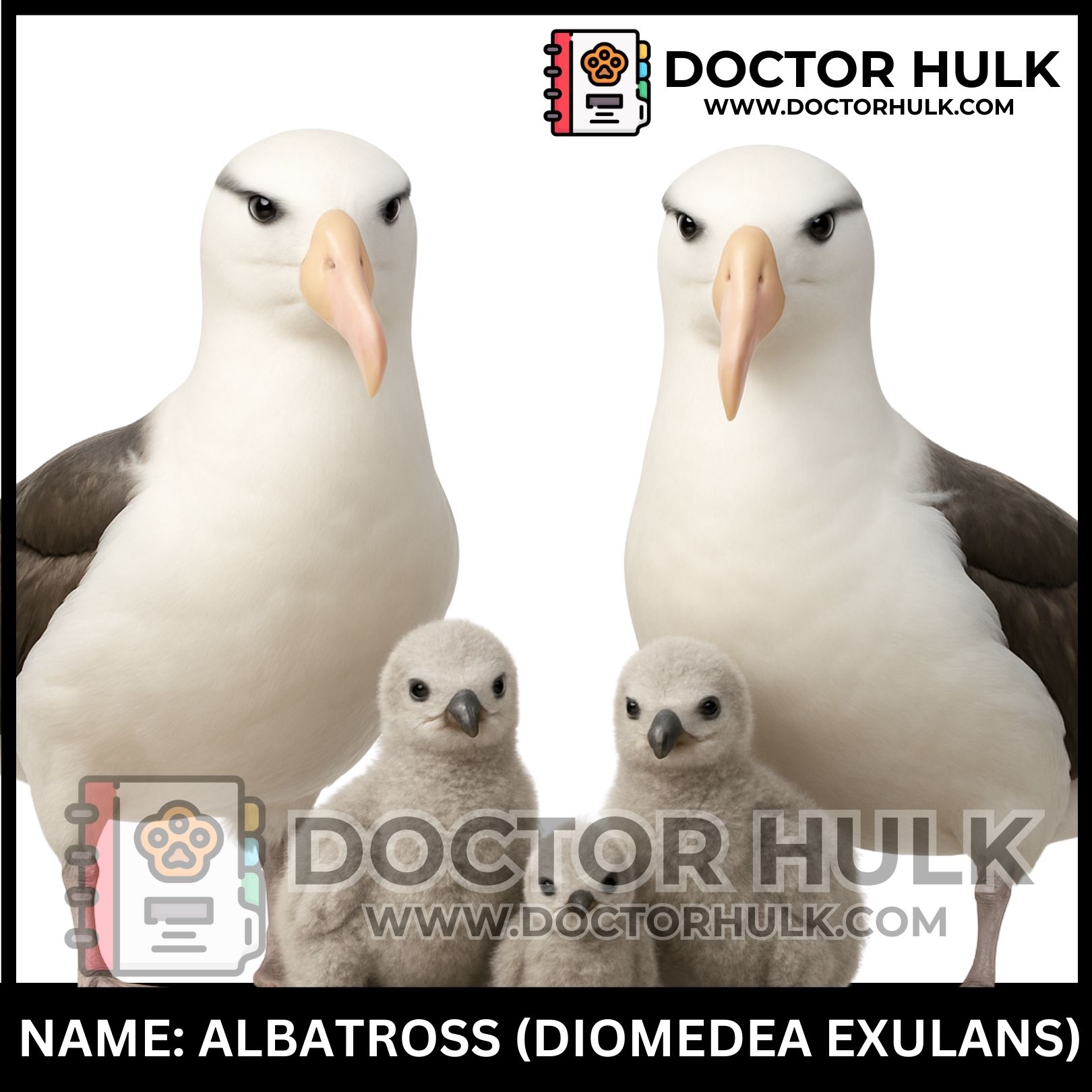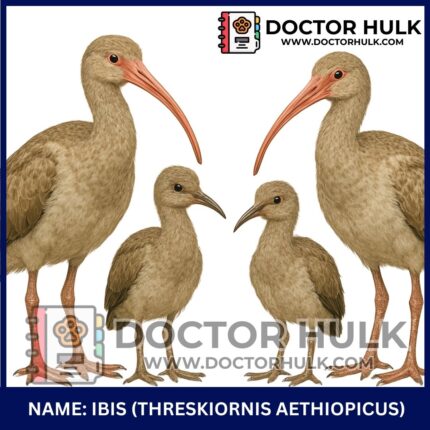Iguanas are large, plant-eating lizards known for their calm nature and dragon-like appearance. With their long tails, scaly skin, and crown-like spines, iguanas look like creatures from ancient times. They live mostly in warm places and are popular as exotic pets.
Scientific Classification
-
Kingdom: Animalia
-
Phylum: Chordata
-
Class: Reptilia
-
Order: Squamata
-
Family: Iguanidae
-
Genus: Iguana
Common Names
-
Iguana
-
Green Iguana
-
Rock Iguana
-
Marine Iguana (in the Galápagos)
Geographic Distribution
Iguanas are found in:
-
Central and South America
-
The Caribbean Islands
-
Parts of Mexico
-
Some parts of the USA (especially Florida)
They love warm, humid climates and often live in trees or near water.
 Image showing a Green iguana basking on a tree branch (Source: Freepik)
Image showing a Green iguana basking on a tree branch (Source: Freepik)
Physical Characteristics
-
Size: 1 to 2 meters (with tail)
-
Weight: 4–8 kg
-
Color: Mostly green, but can be brown, orange, or bluish
-
Tail: Long and whip-like (used for defense)
-
Skin: Rough and scaly with spines on the back
-
Dewlap: A flap of skin under the chin, used for body cooling and communication
Common species of Iguanas
1. Green Iguana
 Image showing a Bright green iguana resting on a rock (Source: Freepik)
Image showing a Bright green iguana resting on a rock (Source: Freepik)
Key Facts:
-
Most popular as a pet
-
Loves climbing trees and sunbathing
-
Can live up to 20 years in captivity
-
Herbivore, eats only plants
2. Rock Iguana
 Image showing Rock iguana on dry rocky terrain (Source: Wikipedia)
Image showing Rock iguana on dry rocky terrain (Source: Wikipedia)
Key Facts:
-
Lives on Caribbean islands
-
Stockier with rougher skin
-
Needs more dry, sunny areas
-
Some types are endangered
3. Marine Iguana
:max_bytes(150000):strip_icc()/GettyImages-503882030-3ce33d4193294faf800c42c844e590a6.jpg) Image showing Marine iguana on a rock (Source: ThoughtCo)
Image showing Marine iguana on a rock (Source: ThoughtCo)
Key Facts:
-
Found only in the Galápagos Islands
-
Swims and eats seaweed
-
Black or grey color
-
Cold-blooded but survives by sunbathing
What do Iguanas eat?
Iguanas are strictly herbivores. They eat:
-
Leaves and flowers
-
Fruits (like mangoes, papaya, and bananas)
-
Vegetables (like kale, dandelion greens, squash)
-
They should not eat meat or dog food
Clean water is also very important. In the wild, they often lick dew or raindrops.
Fun facts about Iguanas
-
Iguanas can drop their tails to escape predators, and it grows back!
-
Their third “eye” on top of the head helps them sense light and danger.
-
Iguanas can hold their breath for 20–30 minutes when swimming.
-
When angry or scared, they whip their tails and puff out their dewlap.
-
Though quiet, they can jump from high branches and land safely.
Importance to Humans
Positive Roles:
-
Kept as exotic pets
-
Calm and gentle (when tamed early)
-
Help control wild plant growth in forests
-
Their unique look makes them popular in culture and education
Challenges:
-
In some areas, they damage gardens and crops
-
Escape from captivity can lead to wild populations in cities
-
Need experienced care, not a beginner pet
Health & common issues
Pet iguanas need special care and vet check-ups.
Common problems:
-
Metabolic bone disease (from poor diet or no sunlight)
-
Parasites (internal or on the skin)
-
Mouth rot (infection inside the mouth)
-
Injuries from falls or stress
-
Shedding problems
Health Tips:
-
Provide UVB light for calcium absorption
-
Feed fresh greens daily
-
Keep enclosure warm and humid
-
Handle gently to avoid stress
Conservation status
Some wild iguana species are endangered due to:
-
Hunting (for meat or pet trade)
-
Loss of habitat
-
Invasive predators like cats and dogs on islands
Groups like the IUCN are working to protect rare species, especially Rock and Marine Iguanas.
Iguana vs Monitor lizard
| Feature | Iguana | Monitor Lizard |
|---|---|---|
| Diet | Herbivore (plants only) | Carnivore (meat eater) |
| Temperament | Calm and shy | More aggressive when threatened |
| Tail Use | Used for balance and defense | Also used for swimming or defense |
| Popularity | Common in pet trade | Less common, needs permits |
Iguanas are peaceful, plant-eating reptiles with a powerful look and a gentle heart. Whether in the trees, by the water, or in a terrarium, iguanas add beauty to nature and calmness to homes. But they need proper care to stay healthy and happy.
 Image showing an Iguana relaxing on a branch (Source: iStock)
Image showing an Iguana relaxing on a branch (Source: iStock)
Anytime you need an advice on caring for reptiles or want to adopt an exotic pet, you can visit Doctor Hulk Veterinary Hospital or call 08143397614.
















Reviews
There are no reviews yet.